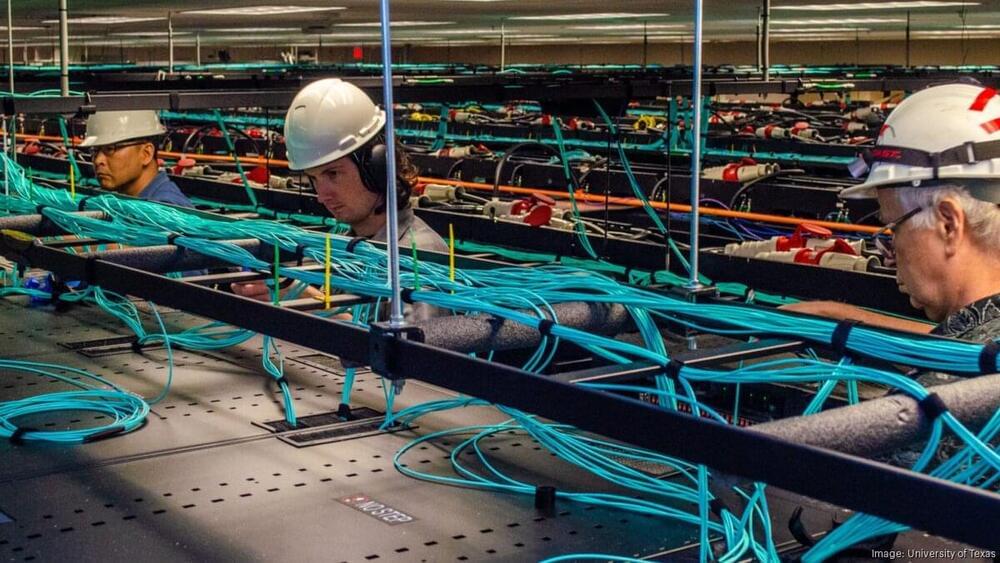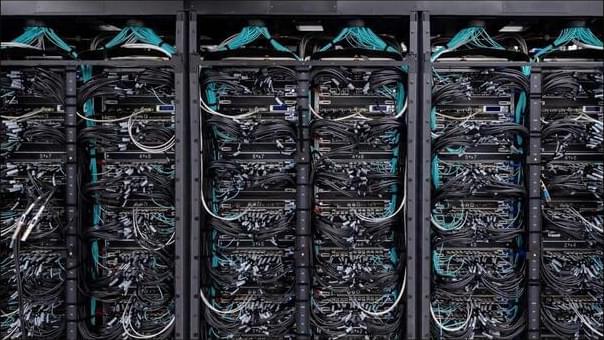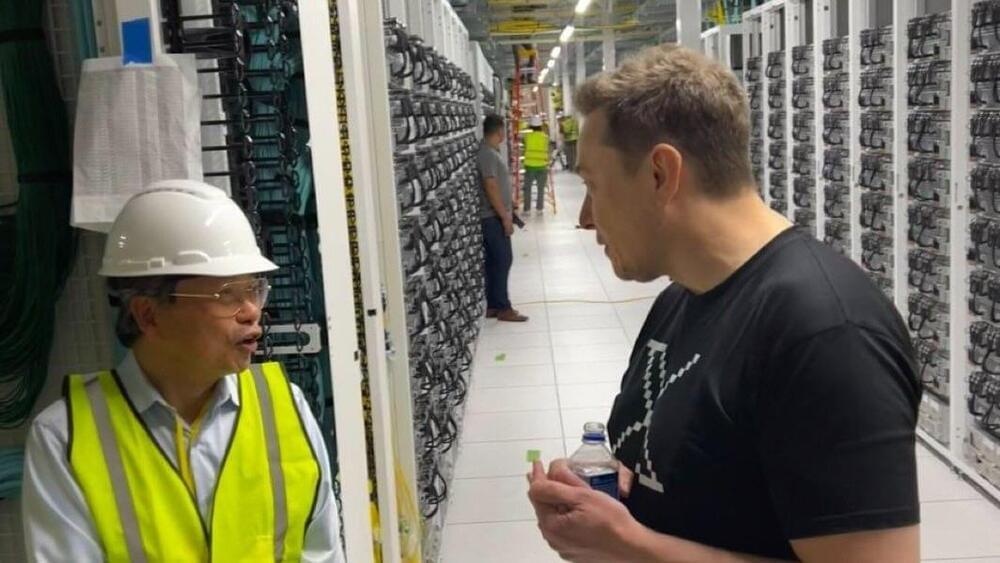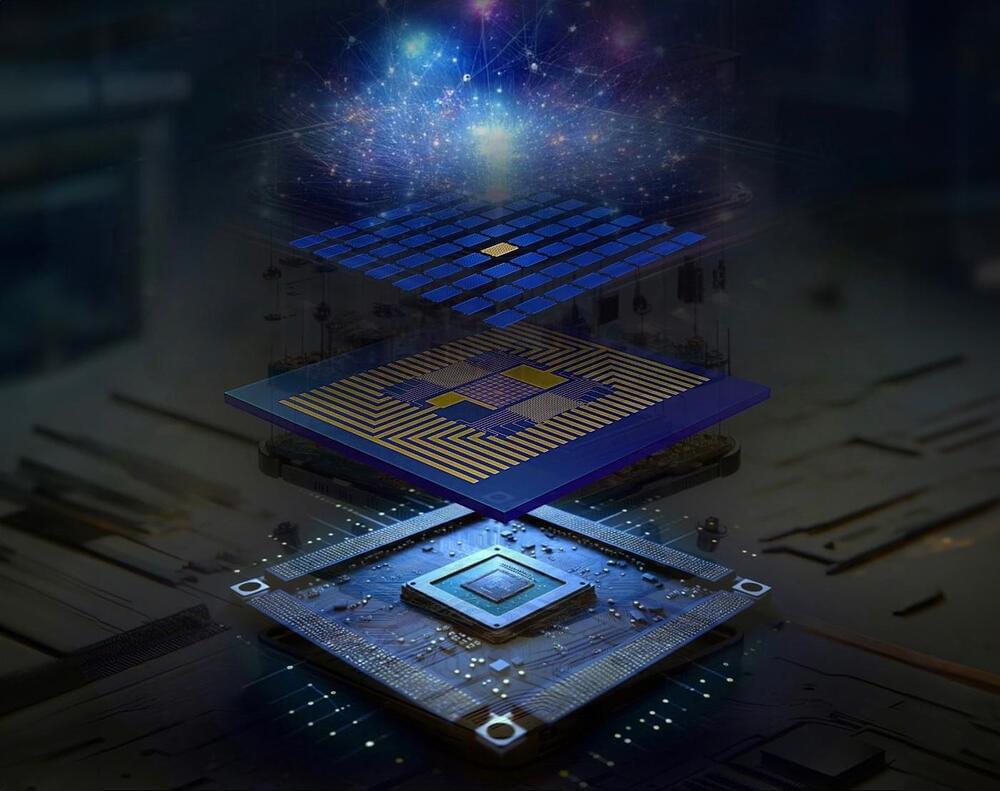Tons of money have been set aside to build a new AI supercomputer lab here.




Researchers used supercomputers to create nearly 4 million simulated images depicting the cosmos.
Researchers are diving into a synthetic universe to help us better understand the real one. Using supercomputers at the U.S. DOE’s (Department of Energy’s) Argonne National Laboratory in Illinois, scientists have created nearly 4 million simulated images depicting the cosmos as NASA’s Nancy Grace Roman Space Telescope and the Vera C. Rubin Observatory, jointly funded by NSF (the National Science Foundation) and DOE, in Chile will see it.
Michael Troxel, an associate professor of physics at Duke University in Durham, North Carolina, led the simulation campaign as part of a broader project called OpenUniverse. The team is now releasing a 10-terabyte subset of this data, with the remaining 390 terabytes to follow this fall once they’ve been processed.



As noted by Musk in his update, Tesla is just finalizing the construction of Giga Texas’ supercomputer cluster. He also noted that the electric vehicle maker would be attempting to get the supercomputer cluster online in the coming months. The cluster is expected to further accelerate the progress of Tesla’s FSD efforts, which is crucial for the rollout of the company’s dedicated Robotaxi, which will be unveiled on August 8, 2024.
While Musk was all work in his Giga Texas update during Independence Day, he also took some time to poke fun at Meta CEO Mark Zuckerburg, who posted a video of himself wakeboarding in a suit and sunglasses, sipping some beer, and holding up an American flag to celebrate the Fourth of July. Zuckerburg’s video went viral, with social media users noting that it made the Meta CEO very likable and cool.

In the past decade, metal-halide perovskites have rapidly progressed as a semiconductor, surpassing silicon in their ability to convert light into electric current since their initial discovery.
Simulations on TACC’s Frontera and Lonestar6 supercomputers have revealed surprising vortex structures in quasiparticles of electrons and atoms, called polarons, which contribute to generating electricity from sunlight.
This new discovery can help scientists develop new solar cells and LED lighting. This type of lighting is hailed as an eco-friendly, sustainable technology that can reshape the future of illumination.
The first #Quantum #Supercomputers are here! Quantum enabled supercomputing promises to shed light on new quantum algorithms, hardware innovations, and error mitigation schemes. Large collaborations in the field are kicking off between corporations and supercomputing centers. Companies like NVIDIA, IBM, IQM, QuEra, and others are some of the earliest to participate in these partnerships.
Join My Discord: / discord.
Become a patron: https://patreon.com/user?u=100800416
for access to my animation source code, video scripts, and research materials.
Also check out my instagram: / lukasinthelab.

A new quantum-system-on-chip enables the efficient control of a large array of qubits, advancing toward practical quantum computing.
Researchers at MIT and MITRE have developed a scalable, modular quantum hardware platform, incorporating thousands of qubits on a single chip, promising enhanced control and scalability. Utilizing diamond color centers, this new architecture supports extensive quantum communication networks and introduces an innovative lock-and-release fabrication process to efficiently integrate these qubits with existing semiconductor technologies.
Quantum Computing Potential
Imagine being able to quickly solve extremely complex problems that might take the world’s most powerful supercomputer decades to crack. This is the promise of quantum computers.
